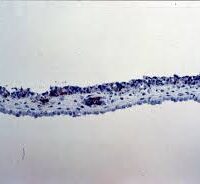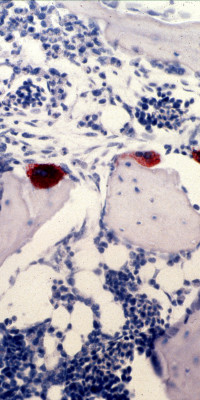Newcastle disease virus (NVD) is a contagious viral bird disease affecting many domestic and wild avian species. The disease is also transmittable to humans. Exposure of humans to infected birds (for example in poultry processing plants) can cause mild conjunctivitis and influenza-like symptoms, but the Newcastle disease virus otherwise poses no hazard to human health.
Transmission:
NDV is spread primarily through direct contact between healthy birds and the bodily discharges of infected birds. NDV spreads rapidly among birds kept in confinement, such as commercially raised chickens. High concentrations of NDV are found in birds’ bodily discharges; therefore, the disease can be spread easily by mechanical means. Virus-bearing material can be picked up on shoes and clothing and carried from an infected flock to a healthy one.
Symptoms:
Signs of infection with NDV vary greatly depending on factors such as the strain of virus and the health, age, and species of the host. However, they may include:
- Respiratory trouble (gasping, coughing)
- Depression
- Muscular tremors
- Drooping wings
- Twisting of head and neck
- Swelling of the tissues around the eyes and neck
- Greenish, watery diarrhea, misshapen
- Rough- or thin-shelled eggs and reduced egg production.




